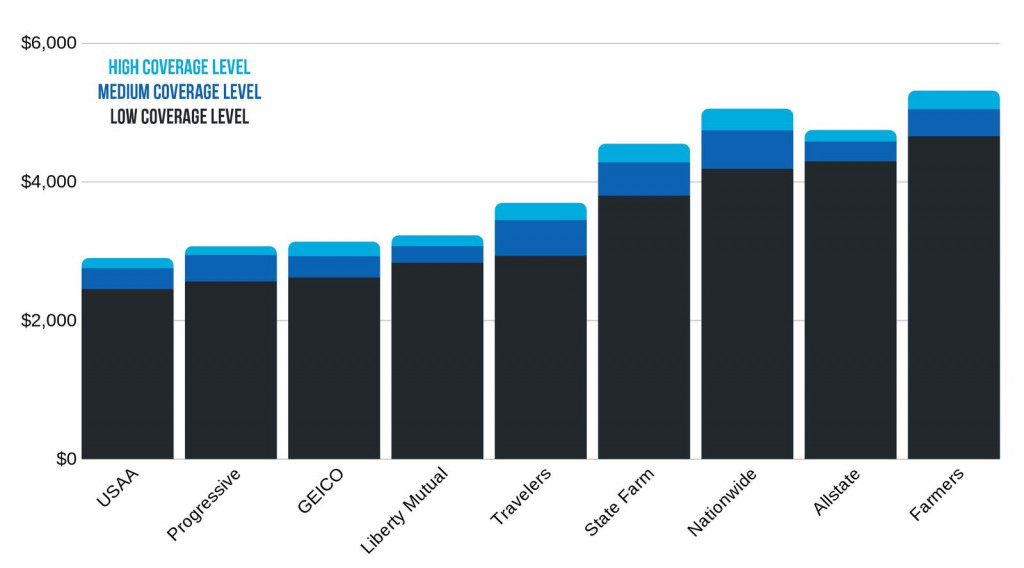
Insurers use a home insurance inspection to determine the risk level for a property. This can help insurers determine whether a property is at risk of catastrophic events, such as fire and water damage.
Many reasons exist for why an insurance company may insist on a home inspection prior to insuring your home. They may do this to limit their risk and keep their business afloat. They might also want to provide better coverage or ensure that you receive the lowest possible premium.
You have several options if you do not want a home inspection for your insurance. You can first choose an insurer who does not require a home examination. If you've been having trouble obtaining coverage with a conventional insurance company, you may be able to save money by choosing an insurer that doesn't require a home inspection.

A company specializing in high-risk homes is another option. These policies are typically more expensive than traditional home insurance policies, but they can be a good option for homeowners who have had difficulty finding coverage on the market.
The surplus market is another option. Insurance companies are not required to be licensed and their policies are not backed financially by the state. These policies may be more expensive than the traditional home insurance policy, but if you are not at risk of filing a claim you might want to consider them.
A homeowners' insurance inspector will look at the exterior of your property. The inspector will take measurements, check for architectural features and special features in your home and examine the quality of materials used to build it. The inspectors will also check the roof, heating, electrical and plumbing systems to make sure they are in good working order.
In some cases, the inspector will also check for pests and infestations. This is very helpful for houses with a termite infestation or rodent activity. They will check for possible breeding grounds, and any signs of water damage.

Some insurance companies even send you an inspection letter by mail to help you prepare for the home visit. The inspector will send you a comprehensive report that details any issues.
When the inspector notices a problem in the plumbing system of your home, it might be time to call a professional to fix the issue. An inspector won't know the exact cost of the repair, so it is best to consult a professional contractor.
It may be difficult to get through the inspection, but you'll want to do it anyway if you care about your safety. You can also prioritize the necessary repairs to avoid expensive renovations in the future.